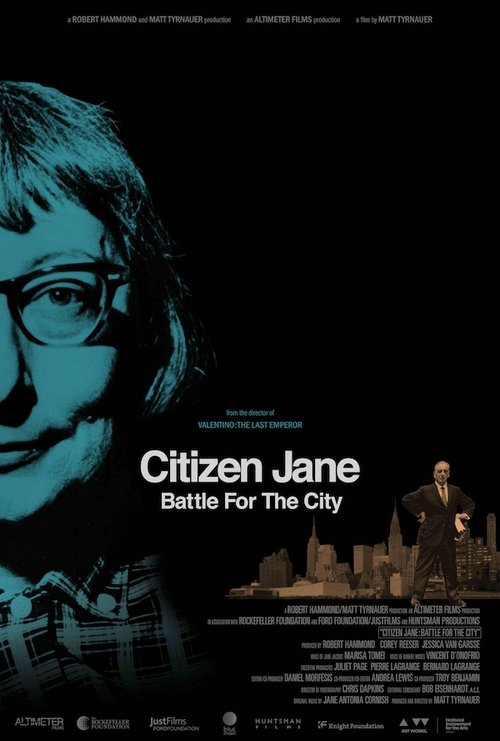
Last Saturday was the annual Jane’s Walk, a community walk celebrating the work of Jane Jacobs in advocating for walkable communities. Jane Jacobs is the author of the book “The Death and Life of Great American Cities” (Amazon affiliate link). The book was first published in 1961 as a response to the 1950s urban planning policies of urban renewal. Many cities took on massive urban renewal projects which dramatically reshaped the urban landscape. The effects of urban renewal are still felt today across the country and right here in Pittsburgh.
Urban Renewal in Pittsburgh
Urban renewal and its impact on both the North Side and East Liberty was the topic of a panel discussion hosted by Preservation Pittsburgh in March. Past Tense | Future Perfect was moderated by Don Carter who is the director of the Remaking Cities Institute at the Carnegie Mellon School of Architecture and provided an interesting discussion of how preservationists could think about urban renewal and the impact on these neighborhoods today. Yesterday, I wrote about the memorial that Andrew Carnegie erected for Colonel James Anderson. I was surprised to learn that the memorial was moved from it’s original location as part of the urban renewal plan which demolished over 500 buildings to create the Allegheny Center mall and apartments. The mall closed in the 1990s, the mall building has been used as office space and has recently been rebranded as Nova Place. And today, The Atlantic’s CityLab blog published a post about the response to a proposed fried chicken restaurant in East Liberty, The New Urban Fried-Chicken Crisis. Author Brentin Mock provides some historical context around the fried chicken crisis, explaining that East Liberty was and continues to be impacted by the urban renewal policies:
At one point in the early 20th century, East Liberty was one of the largest commercial corridors in the Allegheny Valley region—a third downtown for Pittsburgh. Then urban planners got all bright-eyed and decided to experiment with the street layout and ended up choking East Liberty off from the rest of the city, killing most of its commercial enterprises off in the process.
Even if you don’t care about what restaurants are coming or going, the CityLab article is worth a read, I think Brentin Mock does a good job of explaining what is happening in East Liberty today.
Jane Jacob’s book continues to be one of the key texts around urban planning and creating vibrant communities. I was first introduced to the book in one of my urban planning courses in college. If I had known that after college I would spend years writing about the city of Pittsburgh, I would have majored in city planning. I went to college at a time when email was so new that we had to take an introduction to email class the first week of school. This was back in the days before cell phones, Facebook and blogging.
Jane Jacobs Documentary Screening in Pittsburgh

The city lovers and urban planners that I know are quite excited that the new documentary about Jane Jacob, “Citizen Jane: Battle for the City“. Pittsburgh Filmmakers will be showing the documentary at the Regent Square Theater May 12-18, 2017.
You can read Al Hoff’s review of “Citizen Jane: Battle for the City” in this weeks Pittsburgh City Paper.
Showtimes for “Citizen Jane: Battle for the City“ at the Regent Square Theater:
- Friday, May 12 @ 8pm
- Saturday, May 13 @ 3:30pm, 5:45pm & 8pm
- Sunday, May 14 @ 3:30pm & 5:45pm
- Monday, May 15 @ 8pm
- Tuesday, May 16 @ 8pm
- Wednesday, May 17 @ 8pm
- Thursday, May 18 @ 8pm
You can follow the film on Facebook, Twitter @JaneJacobsDoc & Instagram @JaneJacobsDoc.
The Regent Square Theater
It seems fitting that a documentary about Jane Jacobs is screening at a neighborhood theater. The Regent Square Theater has been around since 1938 and is one of the last single screen theaters left in the area. The theater was purchased by the nonprofit Pittsburgh Filmmakers in 1998 and continues to operate as a movie theater screening movies 7 days a week. I was hoping to find out some more history about this building. If you know more about the history of the Regent Square Theater, please share.
If you like local movie theaters, check out our Guide to Pittsburgh’s Independent Movie Theaters.

